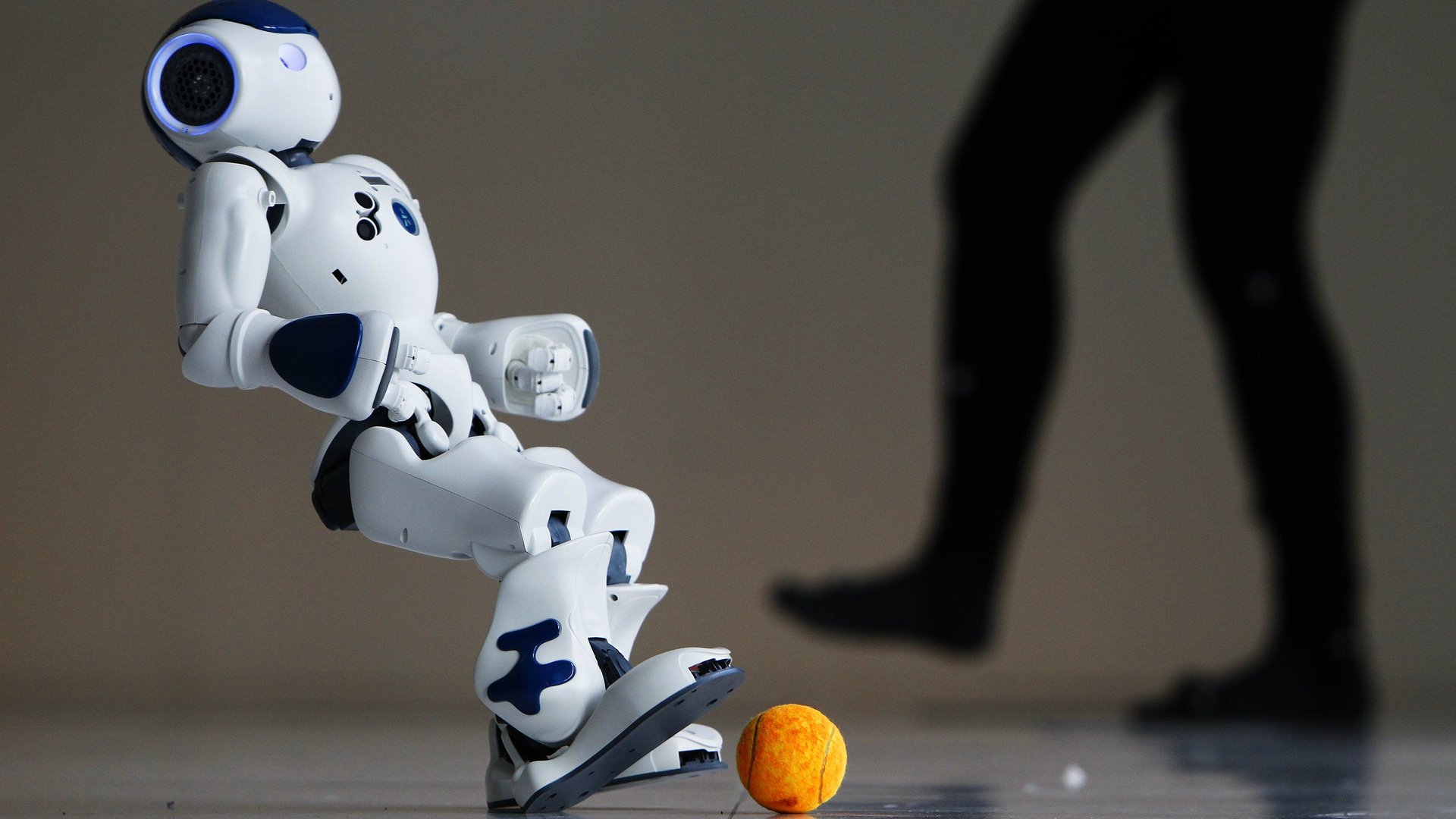Want to be a great inventor? You’ll need a big ego
Franz Reichelt had huge confidence in his parachute suit. Newsreel footage taken in 1914 shows him wearing a garment which today looks like little more than a voluminous coat, and observers at the time probably sensed that it might not have the aeronautical properties that he’d ascribed to it. Reichelt, however, was unwavering in his belief that it would allow human beings to gently float from on high. Such was the strength of his conviction that after getting permission from Parisian authorities to test the suit by launching a dummy from the first platform of the Eiffel Tower, he decided to forgo the dummy plan and do the jump himself.


Franz Reichelt had huge confidence in his parachute suit. Newsreel footage taken in 1914 shows him wearing a garment which today looks like little more than a voluminous coat, and observers at the time probably sensed that it might not have the aeronautical properties that he’d ascribed to it. Reichelt, however, was unwavering in his belief that it would allow human beings to gently float from on high. Such was the strength of his conviction that after getting permission from Parisian authorities to test the suit by launching a dummy from the first platform of the Eiffel Tower, he decided to forgo the dummy plan and do the jump himself.
“I want to try the experiment myself and without trickery,” he said, “as I intend to prove the worth of my invention.” The footage of the jump provides fleeting evidence that at the last moment, Reichelt experienced fleeting doubt. But after hesitating briefly, he plunged 57 m (187 ft) to his death.
History is full of examples of people whose excessive belief in their own inventive prowess has led to, shall we say, dramatic consequences; in 1924, the blood transfusion pioneer Alexander Bogdanov, believing that his 10 previous transfusions were granting him eternal youth, enthusiastically attempted an 11th but died shortly afterwards, thanks to poor (verging on non-existent) understanding of incompatible blood groups. In the 1840s, Joseph Faber invented a mechanical talking head, Euphonia, which he fervently believed would become a great success as a kind of theatrical double act; unsuccessful tours of the US and Europe, however, resulted in such resentment of his invention that he hacked it to pieces and set it on fire.
In a 2007 paper entitled Inventor Perseverance after Being Told to Quit, Thomas Astebro surveyed 780 Canadian inventors in an attempt to investigate these traits of overconfidence. Why do independent inventors soldier on, when the chances of an invention reaching the market is only 7%, and of those 7%, 60% realize negative returns?
Astebro’s key finding was that independent inventors are indeed more optimistic and overconfident than the rest of us. Optimism leads them to expect great rewards. Overconfidence inflates the belief that they’re able to successfully develop their idea, and “sunk-cost bias” prevents them from bailing out once they’ve committed to it. Astebro found that just under one-third (29%) of independent inventors continue to spend money, and just more than half (51%) continue to spend time on a project after receiving paid-for advice that doing so would be a really bad idea.
Smell-O-Vision, the Mizar Flying Car, and the Baby Cage (a 1930s invention which allowed you to place your child in a cage hung out of your apartment window) are all examples of how misguided thinking and excessive hubris can be a potent mix. Patent offices and licensing agents see it all the time—a dogged certainty that an invention is world-changing, a belief that rejection is down to a lack of understanding rather than prescient evaluation, and a supposition that prototypes and patents are guaranteed stepping stones to success.
But despite hubristic blunders, we need inventors to be like this. The risks may be stacked against them and their chances of success minimal, but without their hot-headedness we’d be advancing far more slowly as a species. In the early 1890s, Otto Lilienthal piloted nearly 2000 flights in gliders he’d built himself, and in doing so proved that wings need to be curved rather than flat. But in 1896, he took one risk too many and crashed, breaking his spine. The Wright brothers cited his last flight as their inspiration—but his reported last words neatly encapsulate how inventors’ personal disasters, driven by self-belief, are ultimately for the benefit of all of us: “Sacrifices,” he said, “must be made.”
This post originally appeared at The Long + Short.